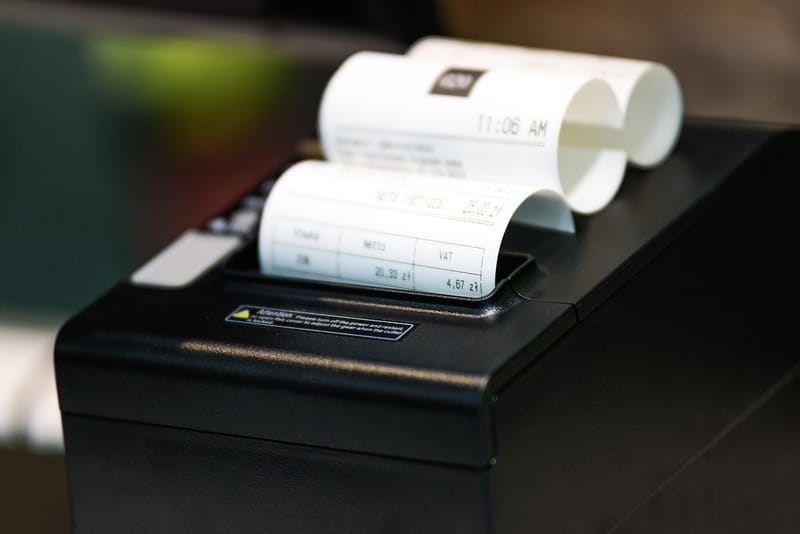GST/HST Returns

GST (Goods and Services Tax) and HST (Harmonized Sales Tax) are the sales taxes that apply to most of the goods and services made in Canada. All GST/HST registrants are required by law to collect GST/HST (exempt and zero-rated supplies are excluded) on their taxable supplies and remit to the government.
We provide the following GST/HST services:
- Registering a GST/HST account for your business with Canada Revenue Agency
- Preparing and filing your GST/HST returns
- Advisory on the accounting methods to minimize GST/HST liability
- Filing the CRA election form for the accounting method to minimize GST/HST
- Representing you in GST/HST matters with the CRA
- Voluntary Disclosure connected to your unfiled or underreported GST/HST obligations
- Tax appeal for an unfair CRA assessment of GST/HST owing
- Tax payment plan negotiation with CRA to pay your GST/HST owing through affordable installments.
Should I register for a GST/HST account?
If your taxable supplies do not exceed $30,000 in a year, you are considered a small supplier and not required to collect and remit the GST/HST. Once you exceed the $30,000 threshold, you stop being a small supplier and are required to collect GST/HST on your taxable supplies.
Which method of GST/HST works better for my business to lower the tax bill?
Depending on the nature of your business, you may elect to use regular method or quick method of accounting.
Quick method can provide significant tax savings for businesses who incur little expenses by remitting the GST/HST at a reduced rate. There are certain conditions and eligibility criteria for the quick method. Contact us today to determine your eligibility and whether using the quick method can minimize your tax burden compared to the regular method.
What happens if I do not remit the GST/HST collected?
CRA takes unremitted GST/HST seriously and applies aggressive collection and legal action procedures. See Collections
GST/HST collected on the sale of services or products are the monies held in trust by your business temporarily that has to be remitted to the government.
If you do not file your GST/HST returns and remit the payments, CRA will do a notional assessment and send you the tax bill. A notional assessment will usually be much higher than your actual GST/HST owing because CRA will not consider your input tax credits (ITCs). ITCs are the GST/HST you paid on purchases. They act as a set-off against the GST/HST collected that helps to reduce your GST/HST tax liability. You have to file GST/HST returns in order to claim the ITCs.
If CRA has sent you a notional GST/HST assessment letter, we can help you to calculate and prepare the GST/HST returns and claim the ITCs to reduce your tax burden.
Penalties and interest
The penalties and interest on the unremitted GST/HST owing could be severe. If you do not file a GST/HST return by the due date, a late filing penalty and interest may apply on the balance owing. The penalty is 1% of the amount owing plus 25% of the calculated 1% amount times the number of the months the return remains due up to maximum 12 months. If you have received a letter from CRA asking you to file and did not file, you will have to pay a penalty fee of $250.
Director's Liability
Although a corporation is a separate legal entity from its owners, that rule does not apply for the non-remitted GST/HST owing. CRA may pursue the director of the corporation under the Director's Liability rule to collect the unremitted GST/HST amounts personally, even though you may no longer be the director of the corporation.
Contact us today to schedule a free, no-obligation, and confidential consultation to get help on your GST/HST issues.
Take advantage of our free, no-obligation consultancy session and improve your financial life by learning the complexities of your tax matters and the solutions from a professional!


